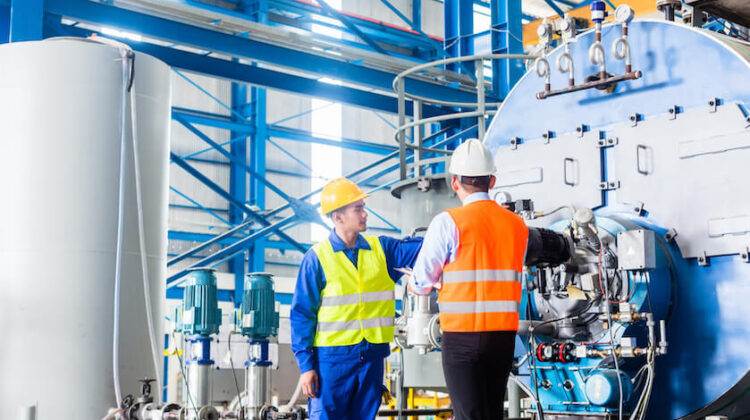
In the realm of industrial food processing, the quest for efficiency and cost-effectiveness is never-ending. One often overlooked strategy for achieving this is purchasing used industrial equipment. This approach not only offers significant financial savings but also provides a host of other benefits that can positively impact your business.
The Financial Benefits of Used Equipment
The most obvious advantage of buying used industrial equipment is the cost savings. New machinery can be prohibitively expensive, especially for small to mid-sized food processing businesses. By opting for used equipment, companies can save a substantial amount of money. For example, a gently used evaporative condenser, an essential component in many food processing plants, can be acquired for a fraction of the cost of a new one. This cost difference allows businesses to allocate funds to other critical areas like research, development, or staff training.
Additionally, used equipment often comes with lower insurance and financing costs. The reduced financial burden can lead to better cash flow management and increased financial flexibility for the business.
Sustainability and Eco-Friendliness
Purchasing used equipment is not just financially savvy; it’s also an eco-friendly choice. Reusing machinery reduces the negative impacts of industrial waste and the demand for new resources. This practice aligns with the growing trend of sustainable operations in the food processing industry. By buying used, companies are not only saving money but also contributing to a more sustainable and responsible industry.
Furthermore, used equipment has a proven track record. Unlike new machinery, which can come with unexpected teething problems, used items have been tested in real-world conditions, providing reassurance of their functionality and reliability.
Immediate Availability and Variety
One of the challenges with new industrial equipment is the lead time. Manufacturing and delivery of new machinery can take months, delaying production. In contrast, used equipment is often available immediately, enabling businesses to quickly respond to production demands or scale up operations.
The used market also offers a wide variety of equipment, often including models that are no longer produced. This variety can be particularly beneficial for businesses using specialized or older machinery, as finding compatible parts and replacements can be easier.
Depreciation and Resale Value
New industrial equipment depreciates rapidly in the first few years. By purchasing used, businesses avoid this initial steep decline in value. This slower rate of depreciation means that if the equipment is well-maintained, it can be resold at a relatively high value. This aspect is particularly important for companies that anticipate future upgrades or changes in production needs.
Moreover, buying used equipment allows businesses to try out different machinery types and brands without committing to the high cost of new equipment. This flexibility can be crucial in finding the most efficient and suitable equipment for specific food processing needs.
Networking and Industry Connections
Purchasing used equipment often involves dealing with industry peers, which can lead to valuable networking opportunities. These connections can provide insights into industry trends, potential partnerships, and even recommendations for other used equipment.
Additionally, vendors of used equipment are typically experienced in the industry and can offer advice on machinery maintenance and optimization. This expertise can be invaluable for businesses looking to maximize their equipment’s lifespan and efficiency.
Concluding Thoughts: A Smart Investment Strategy
In conclusion, purchasing used industrial equipment for food processing is a smart, strategic decision that goes beyond mere cost savings. It’s an approach that offers environmental benefits, immediate availability, a wide selection of equipment, better depreciation rates, and valuable industry connections. By considering used equipment as a viable option, businesses can not only save money but also contribute to a more sustainable and efficient food processing industry. This strategy proves that sometimes, the most effective solutions are found in the paths less traveled.

